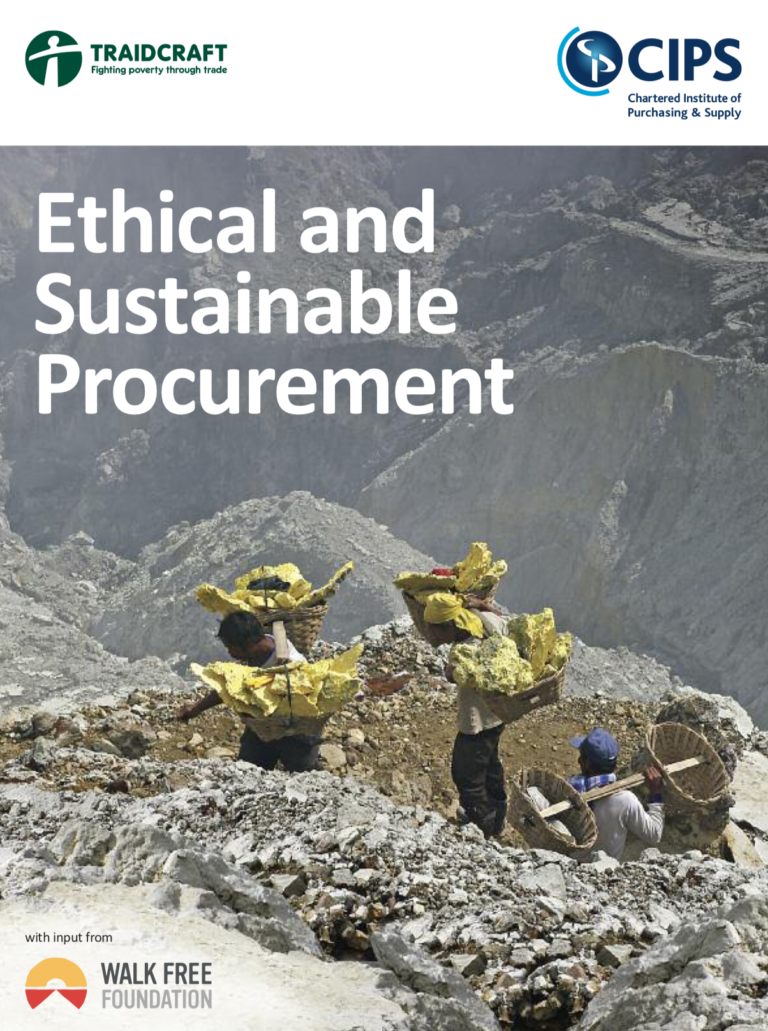Explanatory Report to the Guidelines Regarding the Implementation of the Optional Protocol to the Convention on the Rights of the Child on the Sale of Children, Child Prostitution and Child Pornography
GuidanceOn 30 May 2019, during its 81st session, the UN Committee on the Rights of the Child (the Committee) adopted its first ever Guidelines for the implementation of one of the legal instruments included under its monitoring mandate. The Guidelines ...Read More

